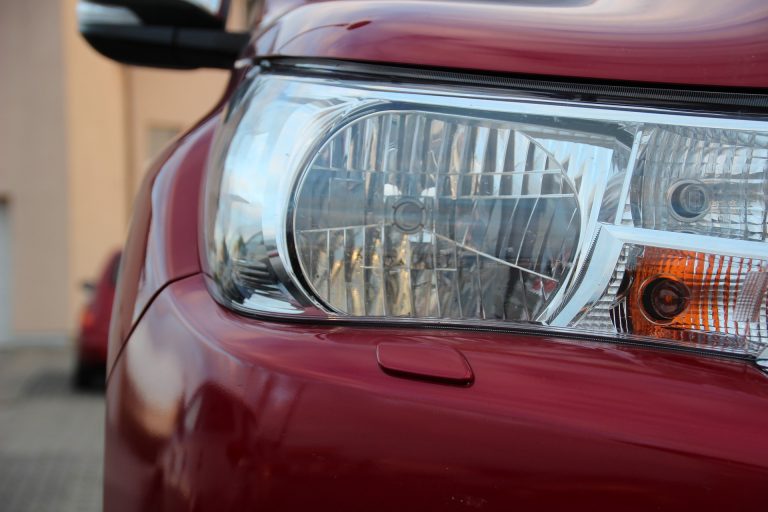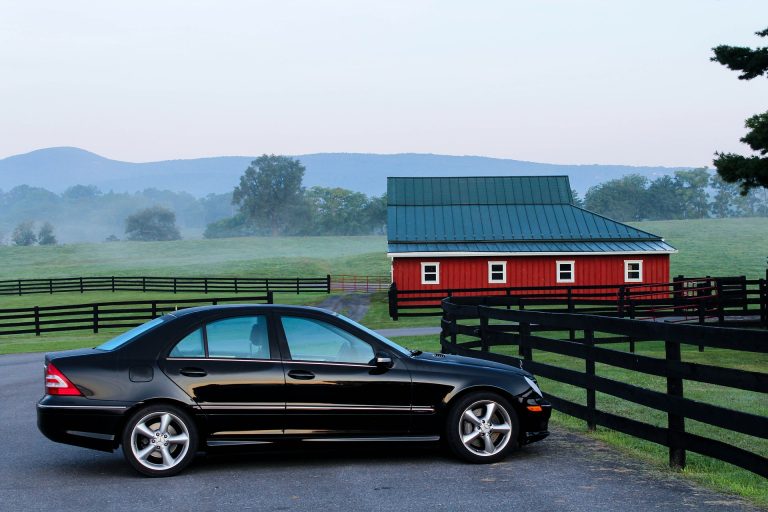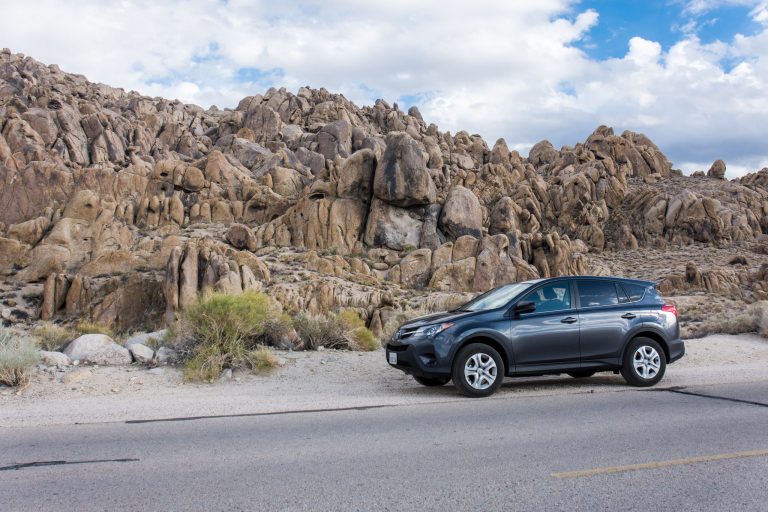If I have car insurance, do I need to buy rental car insurance?
Most of us have been there at some point, lost within a chilled-air moment of temporary confusion when someone at the rental counter asks us to purchase insurance for the rental car.
Do I need to buy rental car insurance? I already have auto insurance.
The add-on rental car insurance is a money-maker for car rental companies. Insurance is often a money-maker in general. That’s why there are so many huge insurance companies.
You may have some trouble getting a straight answer at the counter as to whether you will be covered by your own policy or if you need to buy rental car insurance.
If you have an existing auto insurance policy, you are probably covered for your rental car in the US, with some exceptions.
As there may be different types of policies and exclusions in different states, always check with your insurance agent first in regard to rental car coverage.
The following will be true in most cases.
The coverage from your own insurance policy will cover a replacement (rental) car with the same coverages. Only the coverages you currently have will convey.
If you do not have comprehensive or collision coverage for the vehicle on your existing auto insurance policy, then you won’t have comprehensive or collision coverage for the rental car either.
These coverage items won’t be available for the rental car unless you add them to your existing auto policy before renting a vehicle.
The liability limits from your current auto policy will apply to the rental car.
Similarly, the bodily injury and property damage liability limits chosen for your own auto policy will be available for the rental car. The insurance policy sold at the counter of the rental car provider may or may not provide a higher level of liability coverage.
The obvious cautions are low limits or a lack of coverage for collision or comprehensive coverage on your own policy can create exposure for you. For instance, if you don’t have comprehensive coverage and someone breaks into the rental car, causing significant damage, you may be responsible for the cost of repair. The car was in your possession when damaged.
The same concept applies to collision damage. If you don’t have collision coverage on your own auto policy, you won’t have collision coverage available for the rental car either unless you purchase the rental car insurance from the rental company.
When renting a car, what isn’t covered by my own auto insurance policy?
- Loss of use: If the rental car is damaged and is tied up in the shop while awaiting parts or some similar delay, the rental car company can’t rent it out to anyone else. They are losing money, or potentially so, and they can come after you for that loss. This can add up quickly, so you should be aware of the possibility. That said, we often weigh the cost against the benefit or, in this case, the risk. How likely is that? Only you can decide that. Your existing auto insurance policy probably will not cover loss of use.
- Diminution: The insurance industry loves to use fancy words for simple ideas. This fancy word just means that something has become less than it was. If a car that you rented is involved in an accident and needs collision repair, there is a cost beyond that of the repair itself. In regard to the value of the vehicle, a vehicle that has been hit, even if repaired, is worth less than the same vehicle would be if it had a clean accident history. The accident and the repair have cost the rental car company money in terms of lost value. The rental car company had a car worth 15 thousand dollars, and now, even though the vehicle looks fine and drives fine after repairs, is worth 10 thousand because it has an accident repair history. The car rental company can pursue you for financial damages due to lost value. Similar to loss of use, your existing auto insurance policy probably won’t cover loss of value (diminution) either. The only safe assumption is to assume diminution isn’t covered.
There may be some exceptions to the exceptions.
Sometimes, auto insurance companies have agreements in place with one or more rental car companies that state the car rental companies will cover loss of use and diminution for the customers of that insurance company. The rental car company in this agreement is willing to provide this ‘forgiveness’ in exchange for the referrals.
Ask your agent if there is a preferred rental car provider and if they will cover loss of use and diminution, and ask if there are any special requirements to qualify for coverage. Some car rental companies will cover these items, and some won’t. Also, be patient if your agent needs to get back to you. Agreements and preferred rental providers change. Your agent probably just needs to confirm the current details for you.
Some situations may prevent coverage by your auto insurance policy.
Business use: If you are renting the car for business use, it’s a safe bet that there won’t be coverage unless you have a business use auto policy.
Rental usage periods exceeding 30 days: Nothing lasts forever, and that includes the coverage that extends from your existing auto policy to the rental car. Coverage will likely cap out at 30 days from the starting date of the rental agreement.
Same type of vehicle and use: The extension of coverage is intended for a rented vehicle temporarily replacing your own. If you drive a Camry, but rent a dump truck, don’t expect that there will be coverage. The use type is different.
Your Credit Card Company might provide rental car insurance as a customer benefit.
Check with your credit card company as well. Call for the details and limitations of coverage or check their website. Some credit card companies offer limited rental car insurance coverage as a benefit for their card holders.






